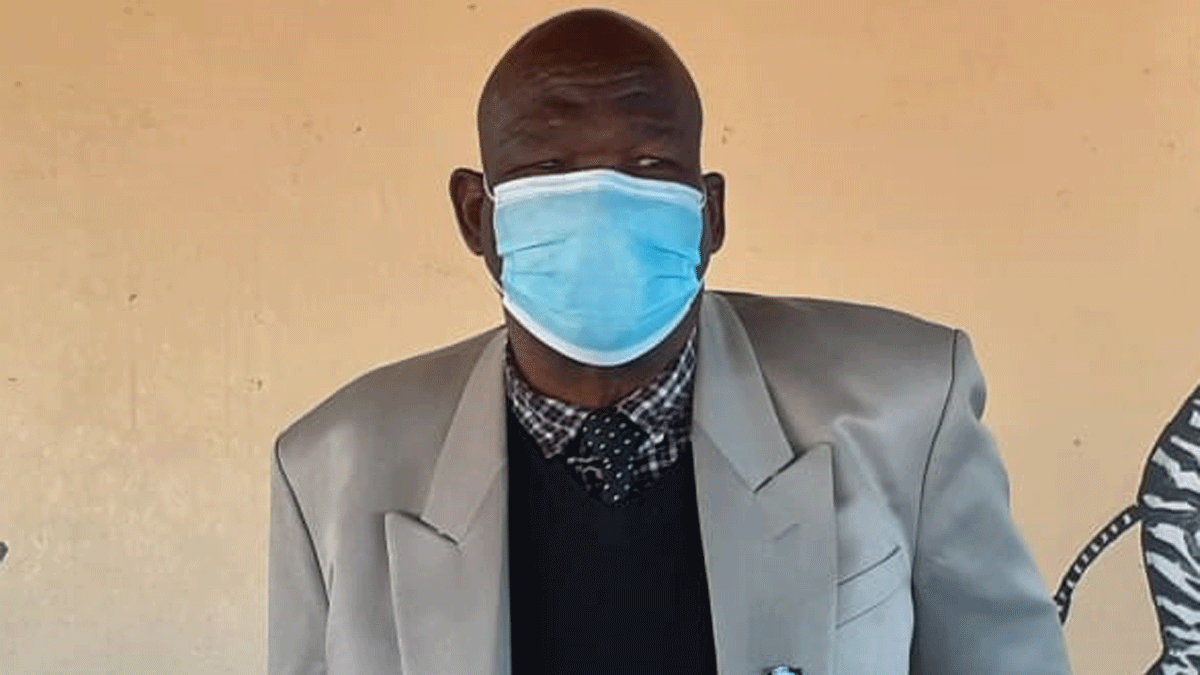Customary Court Act open to abuse by Chiefs
A story published in The Voice a fortnight ago (Pain in the bum, 25th September) where a 25-year-old man of Jamataka was lashed 20 times on his bare buttocks by Kgosi Mosalagae, has put into sharp focus the power wielded by traditional leaders under the Customary Court Act.
Kemo Matibini received 20 lashes to his bare buttocks and was admitted at Nyangabwe Referral Hospital where he spent days nursing his badly bruised, swollen behind.
Speaking to The Voice from his hospital bed prior to his release, the Jamataka youth explained he was whipped for insulting his girlfriend, harassing villagers, and for stealing guinea fowls.
For insulting and harassing villagers he was sentenced to 16 strokes (eight for each count), while stealing guinea fowls earned him four strokes and a P750 fine. The young man was also ordered to do three months extra mural at the kgotla.
It was the 20 lashes administered on the same day that however raised eyebrows, and The Voice sought the assistance of legal minds to find out how far traditional leaders can go with corporal punishment.
In an interview with The Voice, prominent Francistown Attorney and Human Rights Lawyer, Morgan Moseki said the Penal Code states the number of strokes inflicted on any person under the age of 18 should not exceed six, and should not exceed 12 for persons aged above 18 years.
Moseki said his worry is that most accused persons don’t even know that they have to be declared medically fit to take corporal punishment by a medical doctor.
“If this man was not checked by a Doctor then his rights were violated. I think the court was wrong to administer strokes exceeding 12 strokes,” commented Moseki.
According to Matibini he was not made aware of any rights as his trial lasted at least 30 minutes, before passersby took turns to administer the 20 strokes.
Another Francistown lawyer, Tshekiso Ditiro of Legal Practice said although it is clear that Kgosi Mosalagae went above the allowed warrant of 12 strokes, in violation of the Penal Code, there’s very little that Matibini can do as Chiefs enjoy protection from the Customary Court Act.
“Anyone who may want to seek compensation has the burden of proving that indeed the Kgosi acted in bad faith in sentencing the man to 20 strokes. On appeal the High Court may rule that it was unlawful to lash him 20 times, but that doesn’t mean automatically that he has the right to compensation. They have to satisfy court that indeed the Chief passing sentence was doing that in bad faith,” Ditiro said.
According to Customary Courts Acts, officers executing warrants and orders cannot be liable or be punished in any court for any act done or ordered to be done by them in the exercise of their duties.
Tshekiso said the above Section protects Chiefs from any wrongdoing and leaves those violated with very little room to maneuver.
“The 20 strokes raises eyebrows. Even if the guy was charged with 20 counts, cumulatively the strokes should not be more than 12, otherwise it’d be in violation of the Penal Code,” explained Ditiro.
He further said another point that is usually often overlooked is of informing the person of their right to appeal the sentence.
“Before being lashed, he should be notified of his right to appeal. And if he appeals, lashing should be suspended pending the appeal. According to rule 22 of the Customary Courts (Procedure), the sentence of corporal punishment may be carried out notwithstanding that the time within which an appeal may be lodged has not expired,” he said.























While I agree with the objections raised to the manner in which the decision to administer a caning was taken (ie the unofficial traditional group acting beyond its powers), I strongly stress that there is absolutely nothing wrong with a boy or youth receiving a sound thrashing on his bare buttocks for various misdemeanors. At my prep school many years ago I was widely regarded as a pest and a nuisance by pupils and staff alike and it was only when my housemaster gave me six strokes on my bare bottom for my repeated cheek and insolence that I learned the error of my ways. Yes, it hurt and was humiliating but in the long run it has proved very valuable. All power to those who cane, but please observe due process and limits.